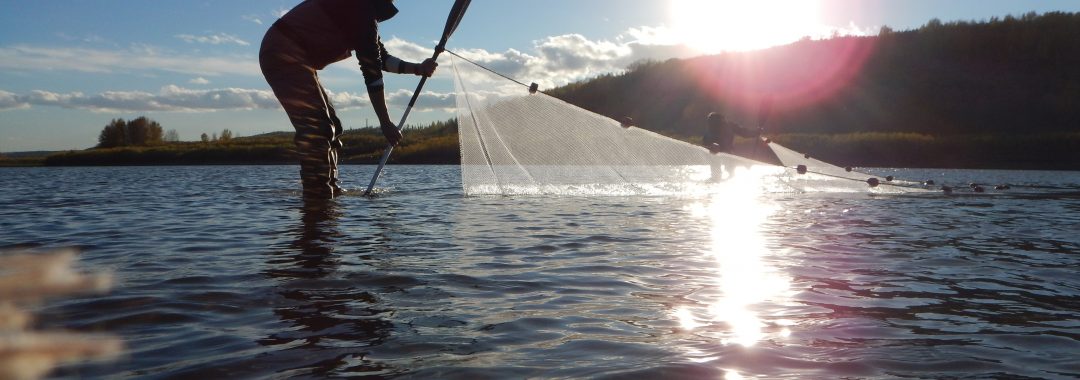Abstract:
With growth of the Canadian oil sands industry, concerns have been raised about possible seepage of toxic oil sands process-affected water (OSPW) into the Athabasca River (AR). A sampling campaign in fall 2015 was undertaken to monitor for anthropogenic seepage while also considering natural sources. Naphthenic acids (NAs) and thousands of bitumen-derived organics were characterized in surface water, groundwater, and OSPW using a highly sensitive online solid phase extraction-HPLC-Orbitrap method. Elevated NA concentrations and bitumen-derived organics were detected in McLean Creek (30.1 μg/L) and Beaver Creek (190 μg/L), two tributaries that are physically impacted by tailings structures. This was suggestive of OSPW seepage, but conclusive differentiation of anthropogenic and natural sources remained difficult. High NA concentrations and bitumen-derived organics were also observed in natural water located far north of the industry, including exceedingly high concentrations in AR groundwater (A5w-GW, 2000 μg/L) and elevated concentration in a tributary river (Pierre River, 34.7 μg/L). Despite these evidence for both natural and anthropogenic seepage, no evidence of any bitumen-derived organics was detected at any location in AR mainstem surface water. The chemical significance of any bitumen-derived seepage to the AR was therefore minimal, and focused monitoring in tributaries will be valuable in the future.
Citation: Sun, C., Shotyk, W., Cuss, C., Donner, M., Fennel, M., Javed, M., Noernberg, T., Poesch, M.S., Pelletier, R., Sinnatamby, N., Siddique, T., and J. Martin. (2017) Characterisation of naphthenic acids and bitumen derived organics in natural water from the Athabasca Oil Sands Region, Canada. Environmental Science and Technology 51 (17): 9524-9532
Also Read:
*Lab members: Nilo Sinnatamby, Mark Poesch. Check out opportunities in the lab!

